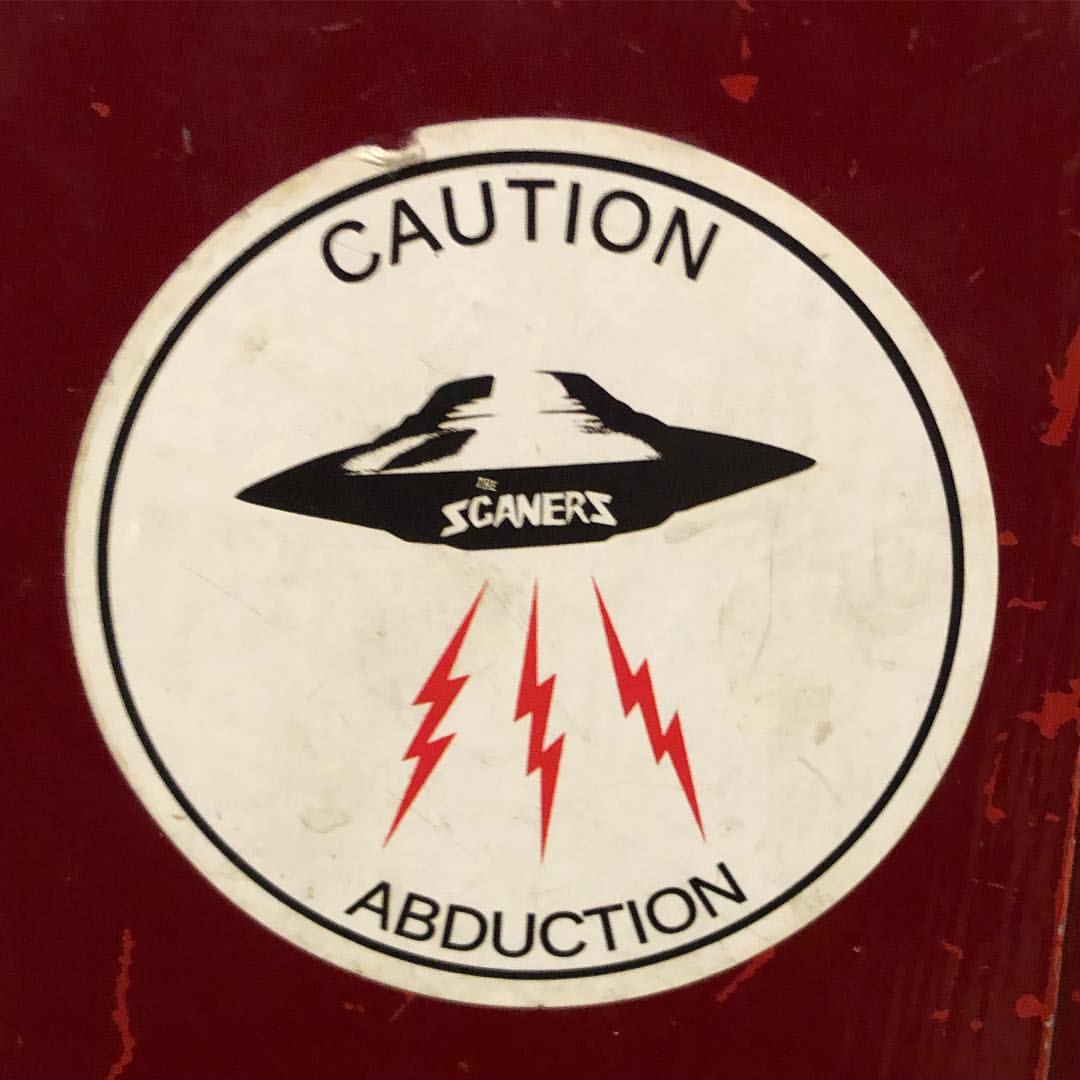I started ROOM TO DREAM by Kristine McKenna and David Lynch and then put it down. Here’s the idea: McKenna writes a chapter of David Lynch biography, and then Lynch writes a chapter commenting on McKenna’s preceding chapter. And, frankly, the first few chapters bored me enough that I put the book down. McKenna had nothing engaging to say about Lynch’s childhood, and neither did Lynch. Which tends to be an issue for me with biographies anything. Very few of us do much of interest when we’re eight. Anyway, I picked it up again the other night and decided to skip ahead to see if it got better.
Alan Splet worked with Lynch to create a wildly original audio-scape for Blue Velvet. When Dorothy and Jeffrey make love, we hear a groaning roar that morphs into the sound of a guttering flame; Frank Booth erupts with rage and we hear a metallic screech; the camera journeys into the interior of a rotting human ear and the sound of a sinister wind seems to deepen and expand.
“David has a wonderful handle on how to combine images and sound,” said Elmes. “There’s a scene where Kyle wakes up in the morning after being beaten, and the first image you see is a close-up of his face in a puddle. All you see is dirt and water and you hear this strange repetitive sound, but you have no idea where you are. Then you pull back and see he’s in a logging yard and that the sound you’re hearing is a sprinkler keeping a stack of wood wet. The quality of that sound is magical. If it had been the sound of birds it wouldn’t have given you anything, but there was something about that mechanical unexplained sound that made it special. David has an understanding of how things go together that’s purely sensory-based, and he knows how to play with sounds and images until they sort of ignite each other.”
As most of you know, I’m working on audio dramas right now, so that bit just nailed me to the floor. Once the book gets going, you get multiple viewpoints on Lynch’s working practises. I’d have liked a little more on INLAND EMPIRE, one of my very favourite Lynch films, but the book becomes littered with interesting or curious little details. McKenna, a very readable writer, does interview around Lynch, and gets forensic on occasion, and Lynch tells stories. Lynch on Robert Blake: “His parents put him on the stage when he was three years old and he hated his parents, his mom in particular. I remember him saying, “I hated being in her womb.”” Blake’s gig on LOST HIGHWAY was his final film role: some years later, he was accused of the murder of his second wife, acquitted in criminal court but found liable in civil court. That one line from Blake in that anecdote absolutely chills me.
Lynch’s career fascinates me. He’ll try anything, without fear. Film, tv, painting, music, sculpture, whatever moves him in the moment. He also seems incredibly selfish, and every in his world is bent towards making the space for his art. He is, of course, a huge advocate of Transcendental Meditation, which is a kind of pay-as-you-go Zazen, but, hell, it seems to work for him. I doubt it’s the superpower that people attribute to him, but I can see how deep meditation twice a day for decades could lend him that fearless resilience. The use of meditation is that it is, essentially, a procedure for disconnecting from the jabbering superprocessor in the front of your brain and turning your head into a river.
Anyway. If you’re interested in Lynch, this book is more valuable than it immediately appears, and worth taking a look at.
ROOM TO DREAM, Kristine McKenna and David Lynch
And then I went to rewatch INLAND EMPIRE (“I kick him in the nuts so hard they go crawling up inside his brain for refuge!”) and a bunch of TWIN PEAKS: THE RETURN episodes.

